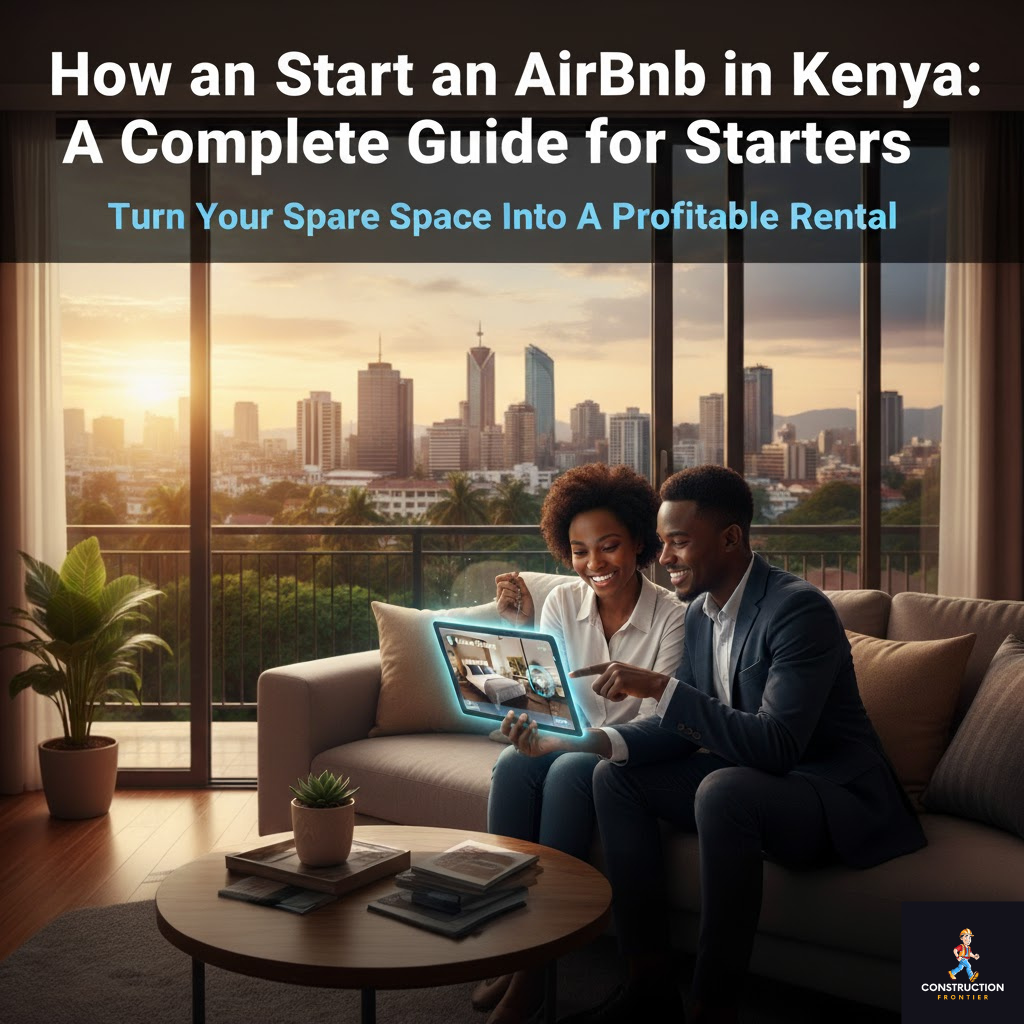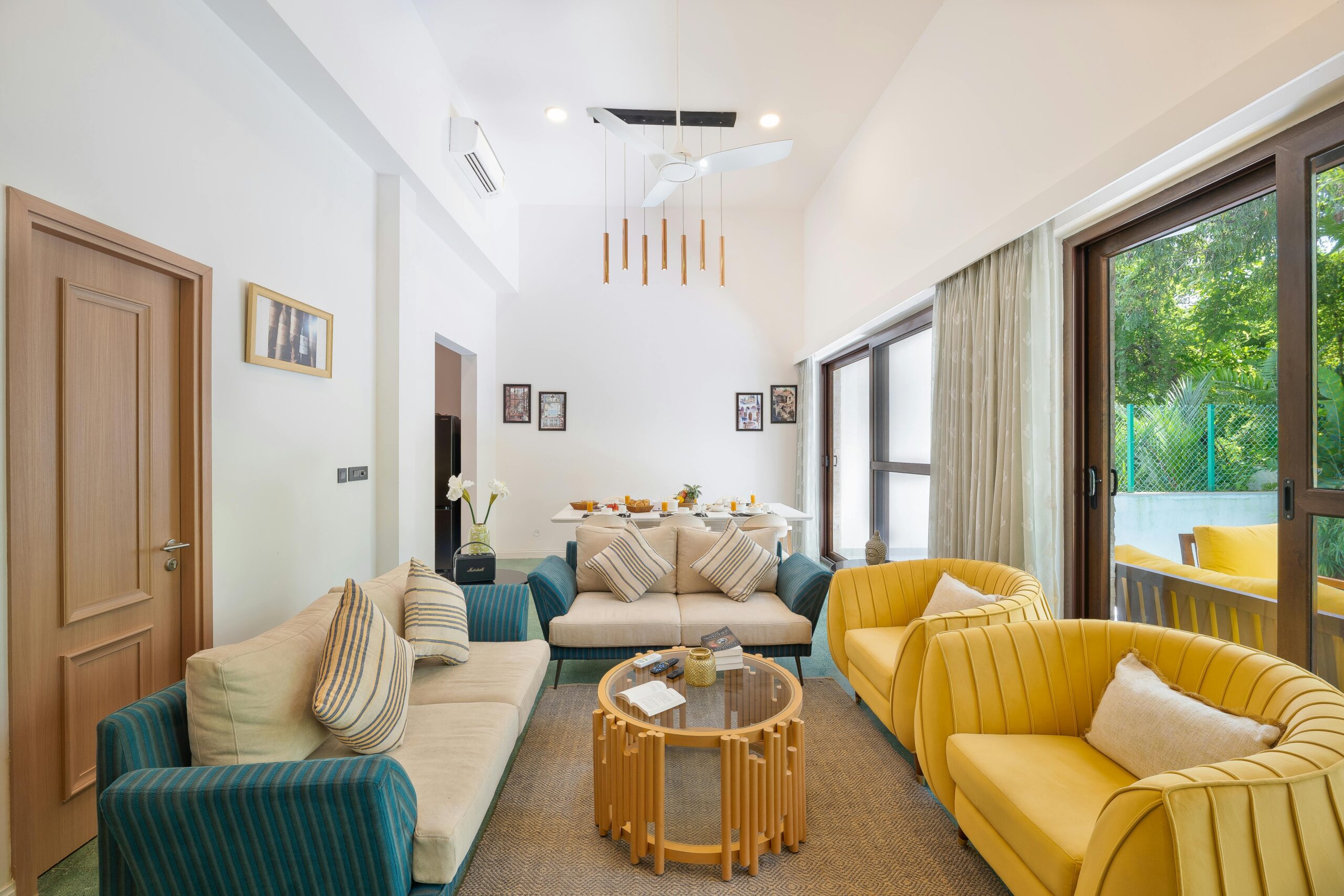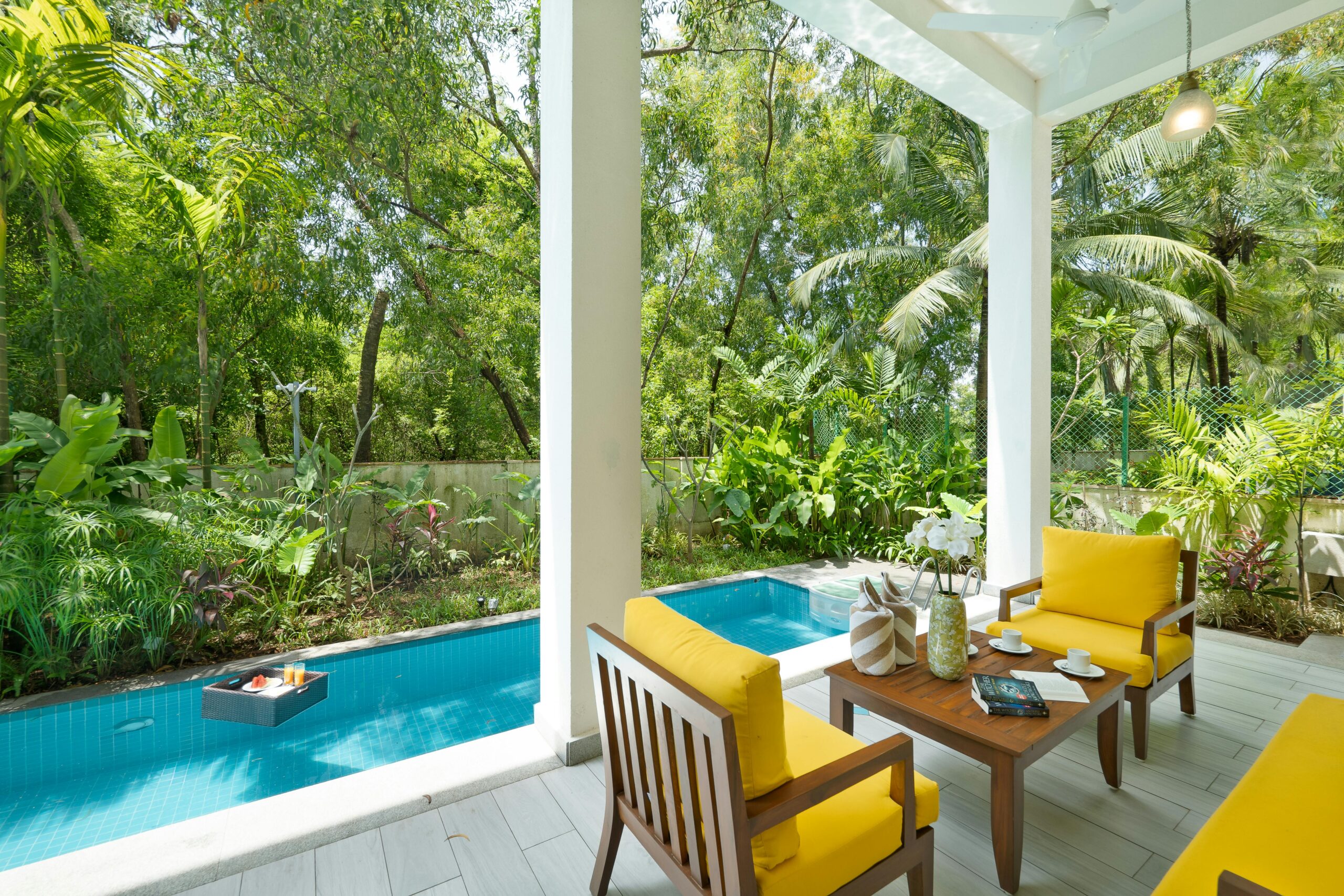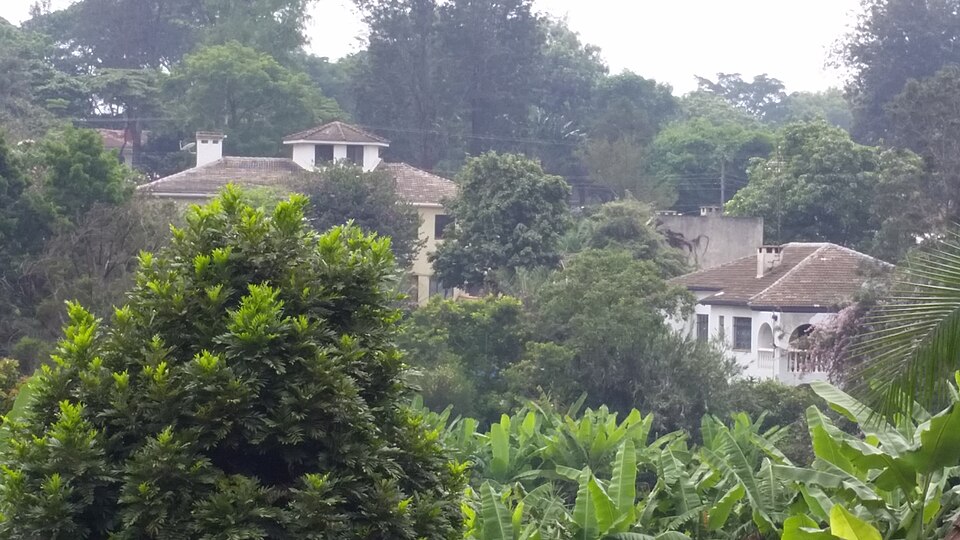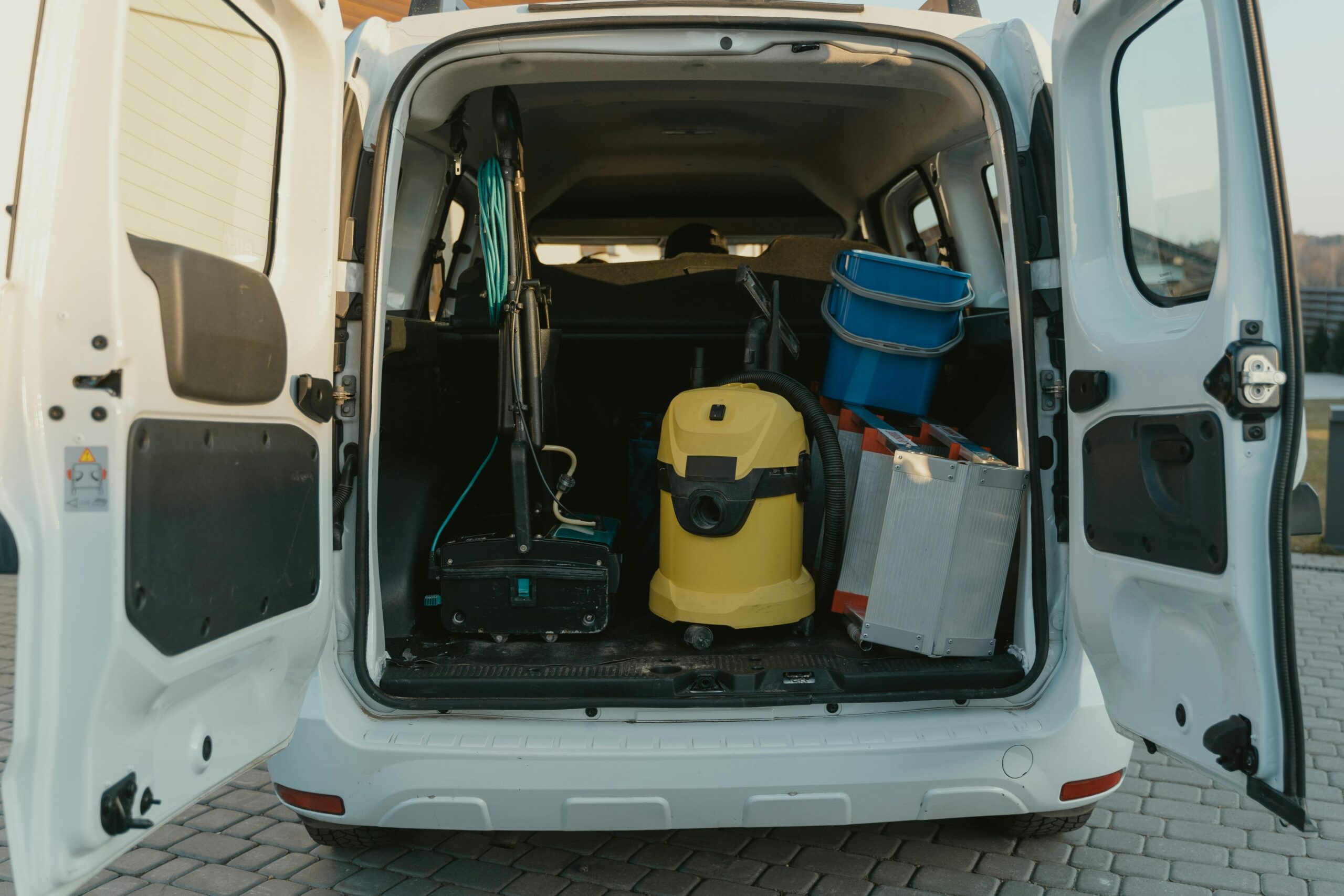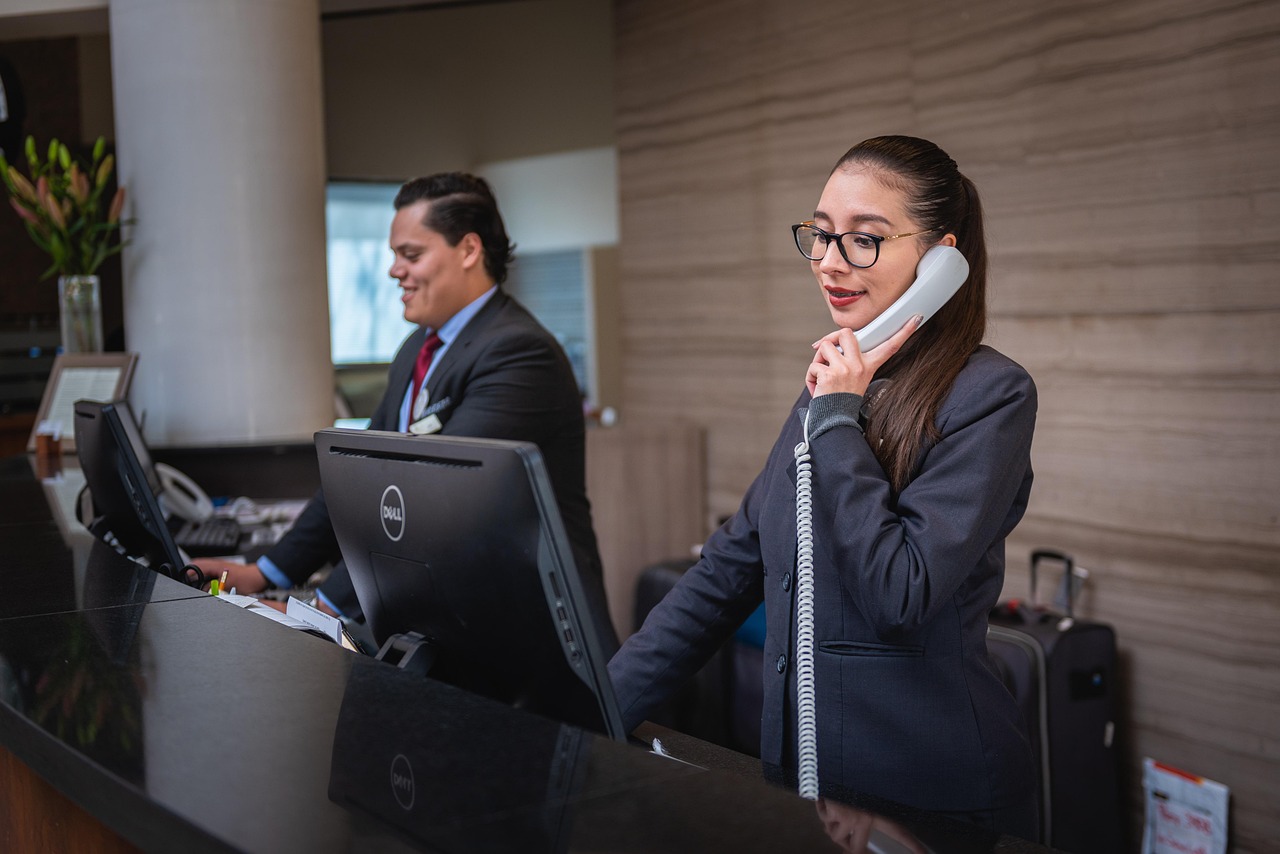How to Start an Airbnb in Kenya: A Complete Guide for Starters
The demand for short-term rentals is booming in Kenya. Here’s everything you need to know about starting and running a successful Airbnb in Kenya.
Why Airbnb in Kenya is Booming
Over the past decade, Kenya’s tourism and hospitality sector has evolved dramatically. Once dominated by traditional hotels, the market now thrives on Airbnb in Kenya, which offers travellers affordable, flexible, and authentic stays. From Nairobi’s vibrant business districts to serene coastal towns like Diani, Watamu, and Malindi, Airbnb properties are flourishing.
Several factors fuel this shift:
- Kenya’s booming middle class with disposable income.
- A rise in international digital nomads seeking long-term, affordable stays.
- Domestic tourism growth, especially among young professionals.
- The convenience of platforms like Airbnb.
For investors, this presents a golden opportunity. By converting spare rooms, apartments, or houses into short-term rental properties, Kenyans are tapping into a growing market. But success requires more than just listing a home online—it demands compliance with Airbnb legal requirements in Kenya, strong property management, and strategic marketing.
This guide walks you through how to start an Airbnb in Kenya, exploring licensing, setup, profitability, and the best Airbnb locations in Nairobi and beyond.
Understanding the Airbnb Model in Kenya
Airbnb, known initially as “Airbed and Breakfast,” was founded in 2008 to provide more affordable lodging options for travellers. It connects those seeking lodging in the area with those wishing to rent out their properties. It is now present in over 100,000 cities across 220 countries, including Kenya, and boasts nearly 20,000 listings. It has deservedly grown to become one of the most prosperous web companies in the world.
Airbnb connects property owners (hosts) and travellers (guests) via an online marketplace. Unlike hotels, Airbnbs offer flexibility in location, design, and price, allowing travellers to choose unique stays that fit their needs.
For Kenyan hosts, Airbnb offers:
- Flexible scheduling (decide when your property is available).
- Direct control of pricing.
- A chance to showcase authentic local culture.
- Higher income potential compared to traditional rentals.
According to Statista, Kenya’s Airbnb listings have grown steadily, with Nairobi and coastal towns accounting for the majority of hosts. Below are some of the approaches that you can use to set up an Airbnb in Kenya.
Step 1: Research the Market
Your Airbnb journey begins with market research. Understanding guest demand helps you tailor your property and pricing.
- Nairobi: Kilimani, Westlands, Riverside, Kileleshwa, and Lavington are Airbnb hotspots due to proximity to offices, malls, and nightlife.
- Coastal Kenya: Towns like Diani, Malindi, and Watamu attract both domestic and foreign tourists seeking beachside escapes.
- Safari regions: Naivasha, Amboseli, and Maasai Mara offer opportunities for safari-oriented Airbnbs.
- Upcountry cities: Kisumu and Nakuru have a rising demand from business travellers and local tourists.
When conducting research:
- Check Airbnb for similar listings in your area.
- Compare nightly rates.
- Analyse occupancy levels through reviews and booking frequency.
Step 2: Meeting Airbnb Legal Requirements in Kenya
Before listing your property, compliance is crucial. Failure to meet legal requirements could lead to fines or closure. Here’s what you need:
- Business Registration
- Register your Airbnb with the Business Registration Service (BRS).
- You can register as a sole proprietor, partnership, or limited company.
- Airbnb License Kenya
- Obtain a Single Business Permit from your county government. For Nairobi-based properties, permits are issued by the Nairobi City County Government.
- Tourism Regulatory Authority (TRA)
- If your Airbnb qualifies as tourist accommodation, registration with the Tourism Regulatory Authority (TRA) is mandatory under the Tourism Act of 2011.
- Tax Obligations
- All Airbnb income is taxable under the Kenya Revenue Authority (KRA).
- Taxes may include VAT, rental income tax, and withholding tax.
- Ensure you obtain a KRA PIN and file returns consistently.
Complying with these requirements legitimises your business and builds guest trust.
Step 3: Preparing Your Property
To stand out, your Airbnb must be safe, comfortable, and visually appealing.
- Safety: Install smoke detectors, fire extinguishers, and secure locks.
- Furnishings: Offer modern furniture, quality bedding, and essentials like Wi-Fi and cooking appliances.
- Décor: Stylish Airbnb interiors enhance guest experiences and justify higher rates.
- Professional Photography: Listings with professional photos attract significantly more bookings.
Investing in setup upfront increases long-term profitability.
Step 4: Setting the Right Pricing
Pricing is one of the most significant determinants of occupancy. Consider:
- Location: Prime areas like Westlands can command KES 6,000–12,000 per night for a one-bedroom.
- Amenities: Pools, gyms, and private parking increase your pricing power.
- Seasonality: Prices rise during the December holidays, Easter, and major conferences.
- Competitor Benchmarking: Regularly compare with similar listings nearby.
You may also use Airbnb’s Smart Pricing Tool; however, most Kenyan hosts prefer to adjust prices manually.
Step 5: Airbnb Income Potential in Kenya
So, how much can you make?
- Nairobi: A well-furnished one-bedroom in Kilimani averages KES 3,000–7,000 per night. At 70% occupancy, that’s KES 63,000–147,000 monthly.
- Coast: A beachfront villa in Diani can fetch KES 20,000–50,000 per night during peak season.
- Upcountry towns: Kisumu and Nakuru earn lower rates, but they offer affordable rates for domestic travellers.
A 2023 report by Airbnb showed that African hosts collectively earned billions, with Kenya being among the top contributors in East Africa.
Step 6: Delivering an Excellent Guest Experience
Positive reviews drive bookings. Here’s how to keep guests happy:
- Maintain hotel-level cleanliness.
- Provide 24/7 guest communication.
- Offer small perks like free bottled water or city guides.
- Create clear Airbnb house rules to avoid misunderstandings.
Happy guests equate to repeat bookings and free word-of-mouth marketing.
Step 7: Marketing Your Airbnb
Listing on Airbnb alone may not be enough. For extra visibility:
- Promote your property on Facebook and Instagram.
- Partner with travel agencies and tour operators.
- Work with local influencers for authentic endorsements.
- Offer discounts for long-term stays to attract remote workers.
The Best Airbnb Locations in Nairobi
When choosing where to set up your Airbnb in Kenya, location is the single most important factor. Nairobi, the country’s economic and cultural hub, offers a wide variety of profitable neighbourhoods, each of which attracts different types of guests. Below are the best Airbnb locations in Nairobi and why they stand out.
1. Westlands: Nairobi’s Entertainment and Expat Hub
Westlands remains one of the most profitable Airbnb locations in Nairobi. Known for its vibrant nightlife, luxury malls such as Sarit Centre, Village Market, and Westgate, and a thriving expat community, this area attracts both business travellers and leisure tourists.
- Target guests: Young professionals, expatriates, digital nomads, and nightlife seekers.
- Average nightly rates: KES 5,000–10,000 for a modern apartment or serviced unit.
- Investment tip: Studio apartments and one-bedroom units here are always in high demand, especially when furnished with modern décor and high-speed internet.
2. Kilimani: Affordable Luxury for Business Travelers
Kilimani is a prime location for the Airbnb business in Nairobi, striking a balance between affordability and convenience. Its central location makes it attractive to both tourists and business visitors, with quick access to Yaya Centre and the CBD.
- Target guests: Mid-level corporate travellers, conference attendees, and long-stay guests.
- Average nightly rates: KES 3,500–7,500 depending on size and furnishing.
- Investment tip: Furnished two-bedroom apartments are especially popular with groups of business travellers or families seeking medium-term stays.
3. Kileleshwa & Lavington: Peaceful Residential Suburbs
For guests who prefer a quieter environment without sacrificing proximity to the city, Kileleshwa and Lavington are excellent choices. These leafy suburbs are popular with families, expats, and travellers looking for extended stays.
- Target guests: Families, medical tourists, and long-stay corporate visitors.
- Average nightly rates: KES 4,000–9,000 depending on the level of luxury.
- Investment tip: Larger houses and townhouses with gardens perform well here, especially when tailored for families and long-term stays.
4. Upper Hill: Nairobi’s Corporate Powerhouse
Upper Hill is Nairobi’s premier business district, home to banks, embassies, and multinational offices. This makes it ideal for short-term corporate stays. With its limited leisure attractions, it mainly caters to business travellers, who prioritise proximity to offices.
- Target guests: Business executives, diplomats, and corporate teams.
- Average nightly rates: KES 6,000–12,000 for serviced apartments and executive suites.
- Investment tip: Modern, fully serviced apartments with amenities such as a gym and reliable internet have the highest demand.
5. Karen: Luxury and Exclusivity
Karen, located further from the CBD, appeals to tourists seeking exclusivity and proximity to attractions like the Giraffe Centre, Nairobi National Park, and the Karen Blixen Museum. It’s also home to Nairobi’s elite, offering serene surroundings and gated communities.
- Target guests: International tourists, luxury travellers, safari-goers.
- Average nightly rates: KES 8,000–20,000 depending on property size and amenities.
- Investment tip: Villas, cottages, and high-end homes do best here, especially when marketed as private retreats or family vacation rentals.
6. South B & South C – Budget-Friendly Alternatives
South B and South C offer affordable accommodations just outside Nairobi’s city centre. Their proximity to Wilson Airport and Jomo Kenyatta International Airport makes them convenient for transit travellers.
- Target guests: Budget-conscious tourists, students, and airport stopover guests.
- Average nightly rates: KES 2,500–5,500.
- Investment tip: Budget apartments and studio units with clean, simple furnishings are most profitable.
Each neighbourhood has its own niche market. Westlands and Kilimani appeal to young professionals and business travellers, while Karen and Lavington attract families and luxury seekers. Choosing the correct location for your Airbnb in Nairobi depends on your investment budget and the type of guests you want to target.
Challenges of Running Airbnb in Kenya
While the Airbnb business in Kenya offers exciting income potential, it also comes with unique challenges that hosts must prepare for. Understanding these hurdles and developing strategies to address them can make the difference between consistent profits and frustrating losses.
1. Regulation and Licensing Uncertainty
Short-term rental regulations in Kenya are still evolving. County governments, especially Nairobi, are increasingly monitoring Airbnbs to ensure compliance with licensing, safety, and taxation. This regulatory uncertainty can be confusing for new hosts.
Solution:
- Stay updated by checking official sources like the Tourism Regulatory Authority (TRA) and county government portals.
- Engage a legal consultant or property manager familiar with Airbnb compliance.
- Keep all your documents—business permits, TRA certificates, and KRA tax records—readily available for inspections
2. Intense Competition in Prime Areas
In Nairobi alone, thousands of listings exist across Kilimani, Westlands, and Kileleshwa. This saturation drives down nightly rates, making it harder for new hosts to stand out.
Solution:
- Differentiate your Airbnb through unique themes (eco-friendly, luxury, or cultural décor).
- Offer customised guest experiences, such as guided tours or home-cooked Kenyan meals.
- Invest in professional photography for Airbnb listings and detailed descriptions to capture attention online.
- Target niche markets—remote workers, medical tourists, or families seeking longer stays.
3. High Maintenance and Operating Costs
Frequent guest turnover leads to wear and tear. Furniture, appliances, and bedding require constant replacement. Cleaning and laundry services add recurring costs. Unplanned expenses can potentially reduce profits rapidly.
Solution:
- Budget at least 10–15% of your monthly income for repairs and maintenance.
- Choose durable, easy-to-clean furnishings.
- Partner with reliable cleaning companies that offer package deals.
- Carry out regular inspections to identify issues early before they escalate into costly repairs.
4. Security and Guest Vetting Risks
Unlike long-term tenants, short-term guests are less predictable. Some hosts face theft, property damage, or security risks from unverified guests. In Nairobi, standalone units are particularly vulnerable to security issues.
Solution:
- Use Airbnb’s guest verification system and only accept guests with positive reviews.
- Install smart locks, CCTV in common areas, and alarm systems to deter incidents.
- Clearly outline the house rules and security deposit requirements in your listing.
- Hire a caretaker or manager for on-ground supervision if you live off-site.
5. Seasonality and Unpredictable Occupancy
Tourism in Kenya fluctuates with the seasons. Peak demand comes in December, Easter, and during major conferences, while off-peak months can mean lower bookings and reduced income.
Solution:
- Adjust your pricing during low seasons to attract domestic tourists.
- Offer discounts for long-term stays to digital nomads and remote workers.
- Diversify your target market—don’t rely solely on international tourists.
6. Hidden Costs and Tax Compliance
Many new hosts underestimate the hidden costs—from utilities and Wi-Fi to county levies. Additionally, some fail to file Airbnb income tax, risking penalties from the Kenya Revenue Authority (KRA).
Solution:
- Track all income and expenses using bookkeeping apps or spreadsheets.
- Dedicate a portion of monthly income toward utility and tax obligations.
- File taxes quarterly or annually with KRA to avoid penalties.
7. Guest Expectations and Service Quality
Today’s travellers expect hotel-like services at Airbnb prices. Poor reviews from unmet expectations—whether slow Wi-Fi, lack of toiletries, or unresponsive hosts—can tank your business.
Solution:
- Respond to guest enquiries within an hour.
- Provide basics like toiletries, kitchenware, and clean linens.
- Consider hiring a property manager if you have multiple listings or live abroad.
The challenges of running an Airbnb in Kenya, ranging from regulation and competition to security and maintenance, require careful planning, proactive management, and continuous reinvestment. Hosts who treat their Airbnb like a professional business rather than a side hustle are more likely to thrive in this competitive market.
Future of Airbnb in Kenya
Kenya’s growing middle class, rising digital nomad culture, and vibrant tourism sector suggest that Airbnb will continue expanding. With better regulatory frameworks and increased internet penetration, opportunities in the student hostel business, safari lodges, and serviced apartments will also overlap with the Airbnb model.
The future looks bright. Kenya’s tourism sector continues to grow, supported by:
- Government initiatives promoting local tourism.
- Increasing internet penetration is making platforms like Airbnb accessible.
- Rising demand from digital nomads and remote workers.
Long-term, Airbnb could expand beyond apartments and villas into unique stays like treehouses, eco-lodges, and cultural homestays.
Take the Leap: Build Your Airbnb Business Today
Starting an Airbnb in Kenya is one of the most rewarding ways to tap into the hospitality industry. From acquiring an Airbnb licence in Kenya to selecting the best Airbnb locations in Nairobi and beyond, success depends on legal compliance, smart pricing, and excellent guest service.
Done right, Airbnb offers strong income potential in Kenya and positions hosts to benefit from both domestic and international tourism.
Stay Up-To-Date on Construction Investment Opportunities
Are you ready to explore more investment opportunities in real estate and construction across Africa? Stay ahead of trends and strategies with in-depth insights from ConstructionFrontier.com. Join our community today and take the first step toward building a prosperous future in the region’s booming property sector.

